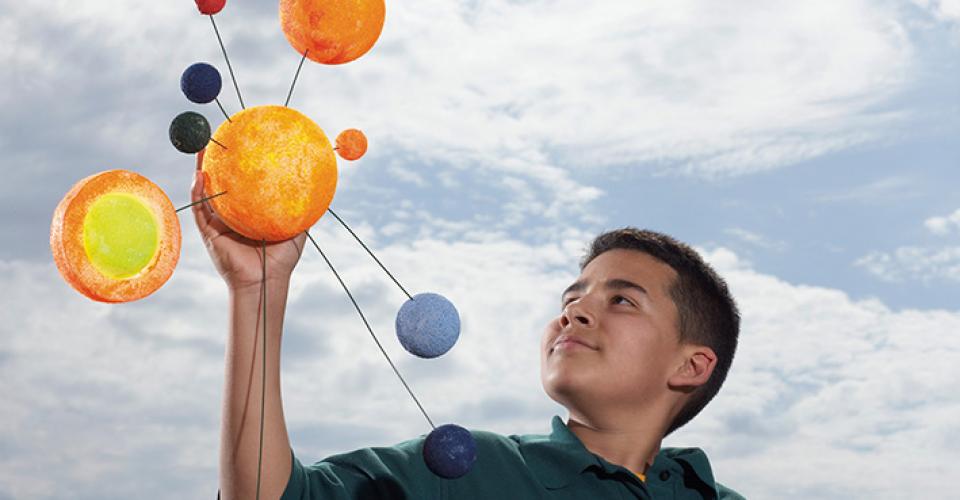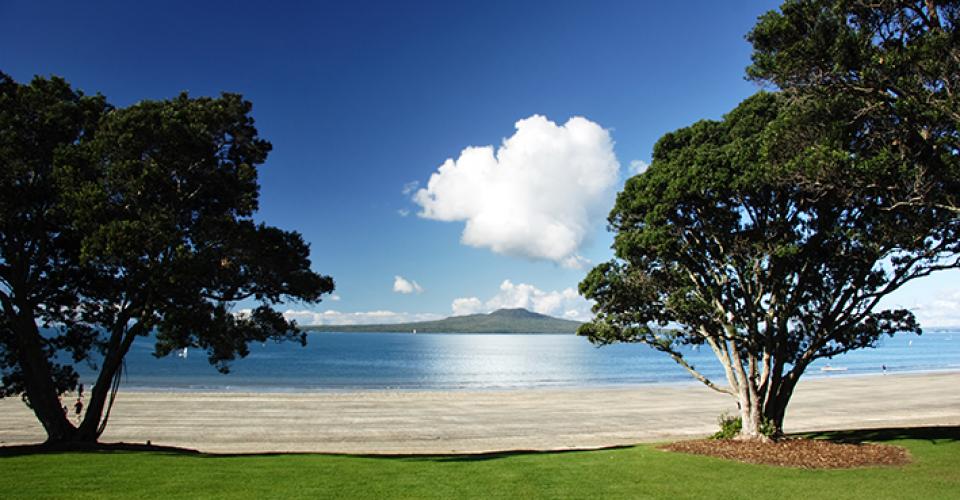The world’s her oyster
28/03/2015The L’Oréal-UNESCO For Women in Science programme has announced a new award this year, specifically for New Zealand scientists. New Zealand Science Teacher talks to marine biologist Dr Zoë Hilton, who was awarded an International Fellowship in 2012.

Left: Zoë Hilton, recipient of the 2012 UNESCO-L'Oréal International Fellowship for Young Women in the Life Sciences. Photo: Christine Clark.
From the West Coast to Spain and back again, science has taken Zoë Hilton all over the globe.
In 2012, she was named a L’Oréal-UNESCO For Women in Science International Fellow for her work in marine biology; specifically, the captive breeding of New Zealand’s native flat oyster.
This year, the awards programme has introduced a new prize: $25,000 specifically for a post-doctoral early-career female scientist in New Zealand.
The new award specifically supports New Zealand women in need of post-doctoral funding.
Zoë’s 2012 International Fellowship saw her travel to Paris to attend the awards ceremony at the UNESCO headquarters. Then, in early 2013, she spent six months in Catalonia, to work alongside Spanish scientists at the Institute for Food and Agricultural Research and Technology.
There, she teamed up with scientists researching the European flat oyster: more specifically, ways in which these unique shellfish grow their larvae. “These particular oysters are very unusual in that they brood their larvae inside their shell, almost like marsupials of the shellfish world,” she says.
“I was working alongside those researchers, and looking for new techniques I could bring back to apply to our native oyster.”
The International Fellowships encourage inter-cultural exchange, and cover travel and accommodation during an overseas research project, as well as a trip to Paris.
But even more valuable, says Zoë, was access to the network of women scientists from around the world. She found the week in Paris especially inspiring.
“The non-monetary benefits are even more valuable than the monetary ones, in a way. The 15 of us who were awarded International Fellowships went to Paris for a week where we had workshops, media training, and trips to scientific landmarks like the Pasteur Institute, which were amazing.
“In this way, we got to meet each other, as well as the Laureates [five female scientists at the top of their fields, who have made significant contributions to science, also awarded by L’Oréal-UNESCO]. That was really motivating.”
The new Fellowships, designed specifically for post-PhD female scientists, are an important addition to L’Oréal’s scholarship offerings, says Zoë.
“Plenty of girls get into science, but a lot of women leave science post-PhD, or fail to get higher positions and that is where the inequality between the sexes is most apparent. One of the biggest challenges is that if a woman stops working for a while, to have children, for example, she’s then faced with a gap in her publication record, and is no longer competitive. People want to be able to balance their family commitments with their work. But a lot of academic fellowships don’t take into account any of these things.
“The L’Oreal-UNESCO fellowships recognise the unique challenges for women in science and take into account time spent away from publication for family reasons or part-time work. And so, the fact that this award recognises the differences for women in science is a huge step forward. The fellowships are demonstrating a good model for how scientific funding can be more equitable.”
Dissecting whitebait and identifying wildflowers
Zoë says a motivating factor in her career has been a fascination for, and love of, the natural world.
Home-schooled in Karamea, on the West Coast of New Zealand, the natural sciences formed an important part of her early education, and she remembers carefully pressing wildflowers then identifying them with the aid of a botanical book.
“I once got my Dad’s dissection kit out and dissected a whitebait, and I had my own garden from as soon as I was big enough to dig a hole,” she says, “but it had never occurred to me that I would have a career as a scientist.”
Despite growing up in gumboots on a farm with a ‘pet one of everything’, and adventuring in the bush, until the age of 21, Zoë had dreams of making music.
“I wanted to be a musician,” she laughs. “I hadn’t even thought about studying science at a tertiary level, but then I fell in love with marine biology.”
A year-long student exchange in Costa Rica saw a young Zoë snorkelling along the tropical reefs. Upon her return to New Zealand, she completed a BA in Spanish and Latin American Studies, in addition to a BSc in marine and biological sciences at Auckland University. In 2010 she completed her PhD, also at Auckland University.
“In hindsight, I realise I was really into science as a child, and trying to find out how things worked. I used to find radios at the rubbish dump and pull them apart and look at all the bits inside.”
She now works at Nelson’s Cawthron Institute, based at the Glenhaven Aquaculture Centre, where she investigates ecophysiology and shellfish selective breeding, among other things.
Take the plunge
Zoë says she’s been lucky to have strong support from mentors in the science community, and one in particular who encouraged her to apply for the award in the first instance.
“I encourage anyone interested to apply for a Fellowship,” says Zoë. “It’s been an amazing opportunity for me. I think that it’s possible that women do underestimate themselves and what they’re capable of. And perhaps New Zealand women are especially prone to doing that.
“It’s so important to have good mentors, and to give it your best shot.”
Read more about the Fellowships here.

























Post your comment
Comments
No one has commented on this page yet.
RSS feed for comments on this page | RSS feed for all comments